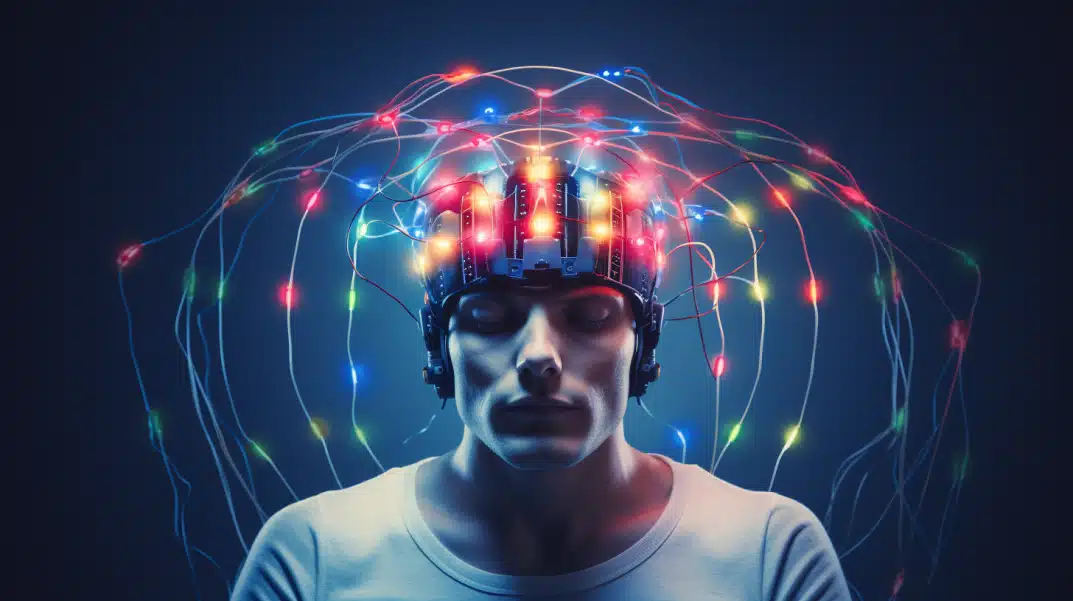mGluR2/3 Inhibitors as Antidepressants: Targeting Glutamate Receptors in Depression
Depression affects over 300 million people globally. Current antidepressants have limited efficacy and slow onset of action. New research shows promise for compounds targeting metabotropic glutamate receptors 2 and 3 (mGluR2/3) as fast-acting antidepressants with fewer side effects. Key Facts: 1/3 of depressed patients are treatment-resistant with current antidepressants mGluR2/3 inhibitors show robust, rapid (within …










